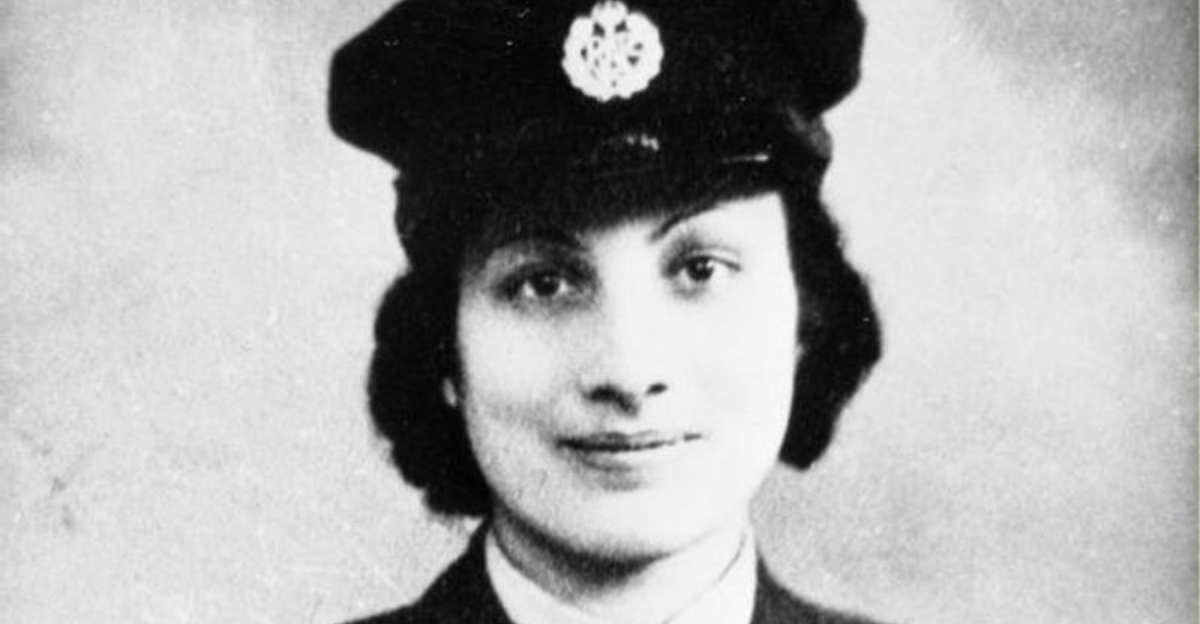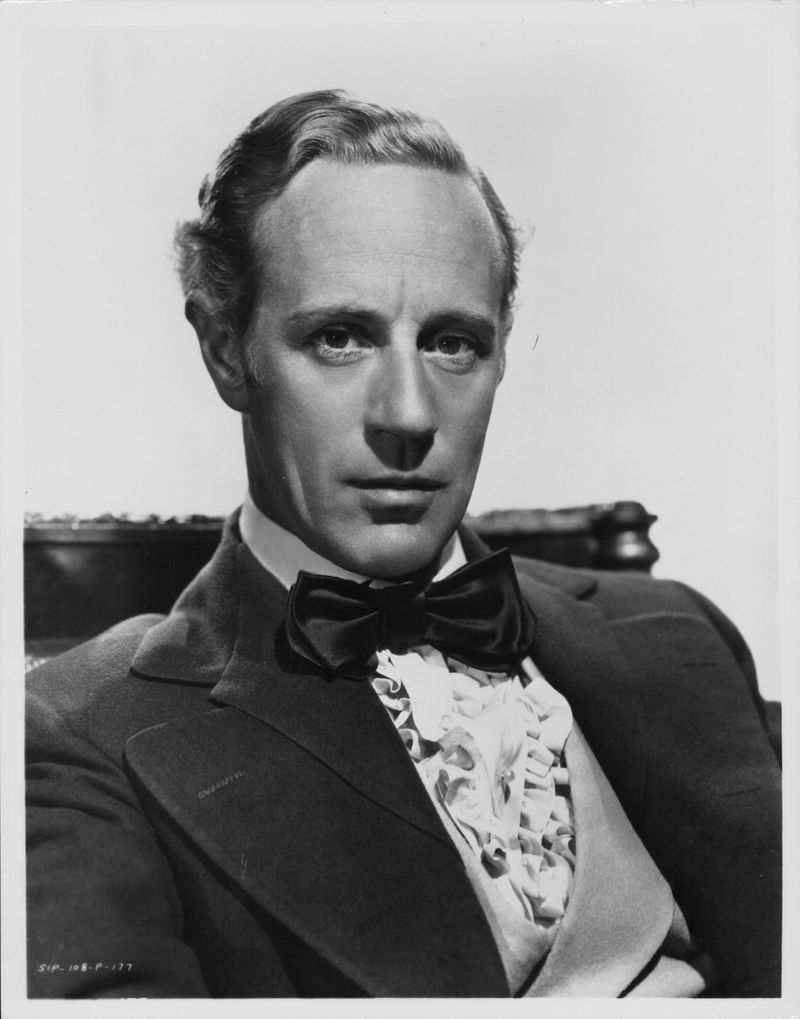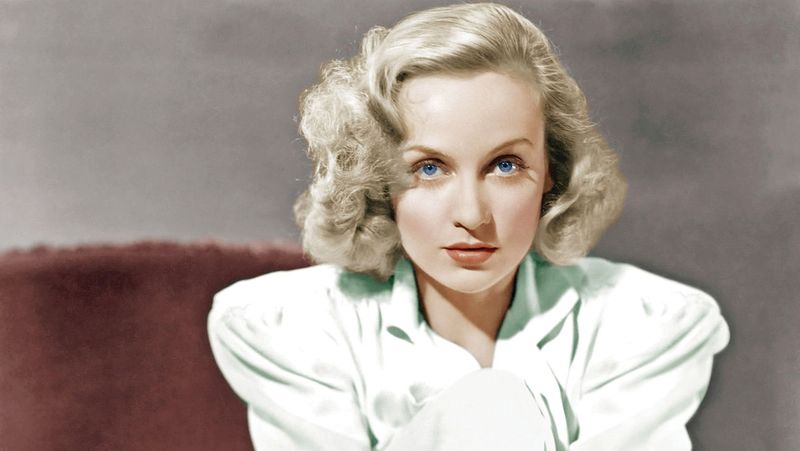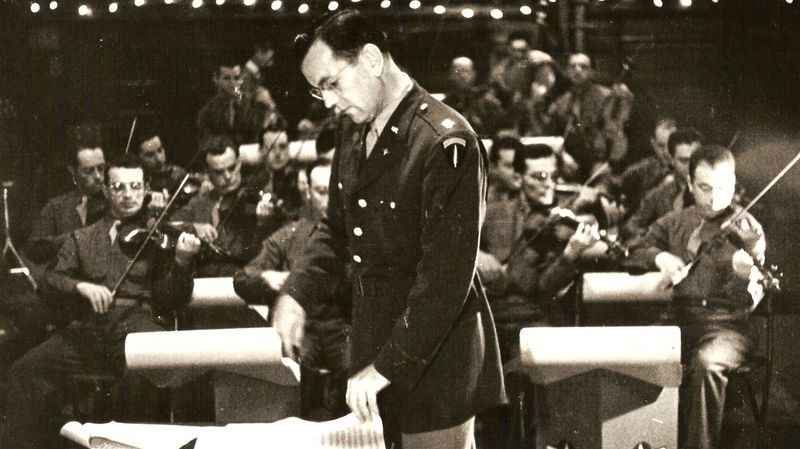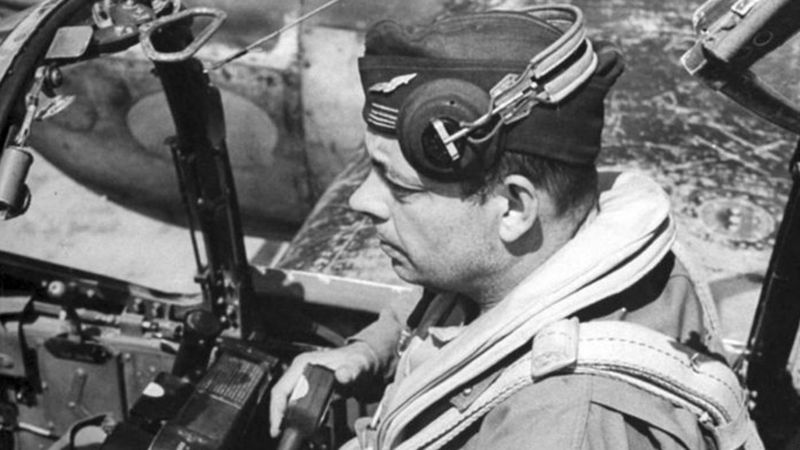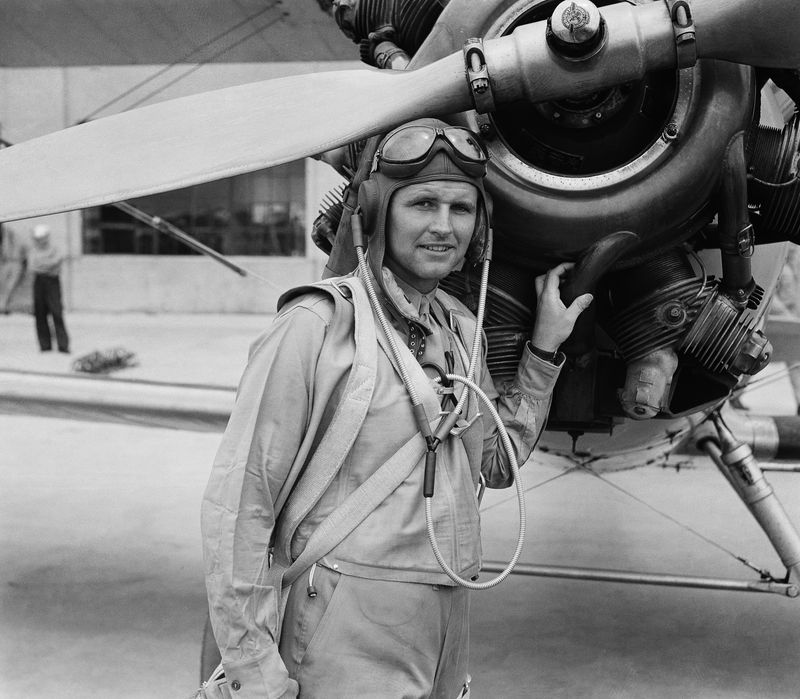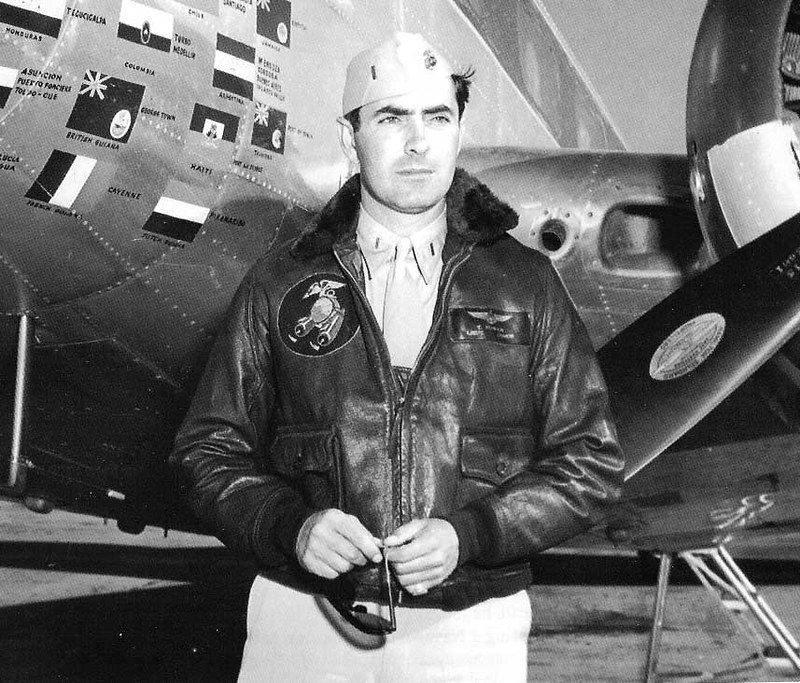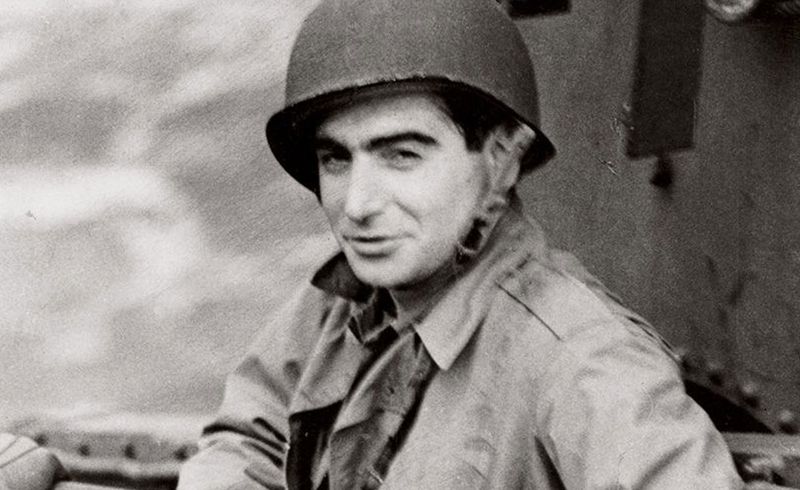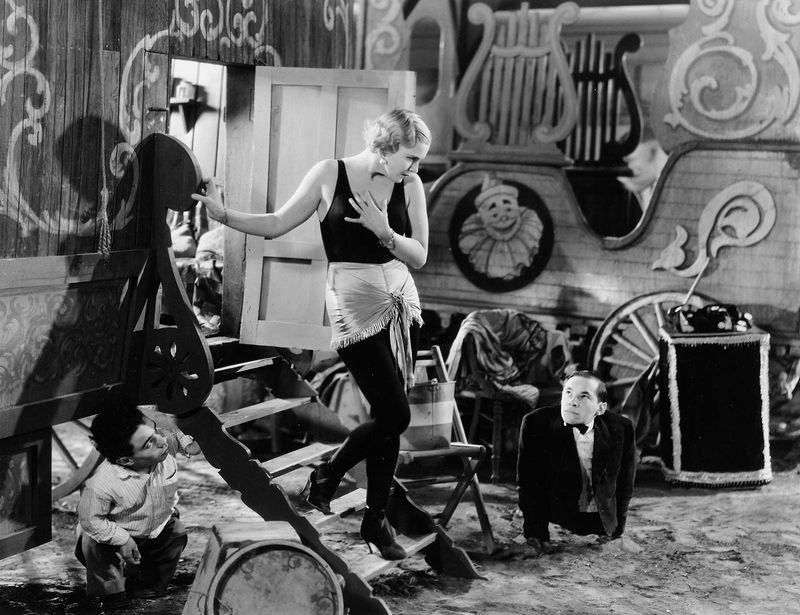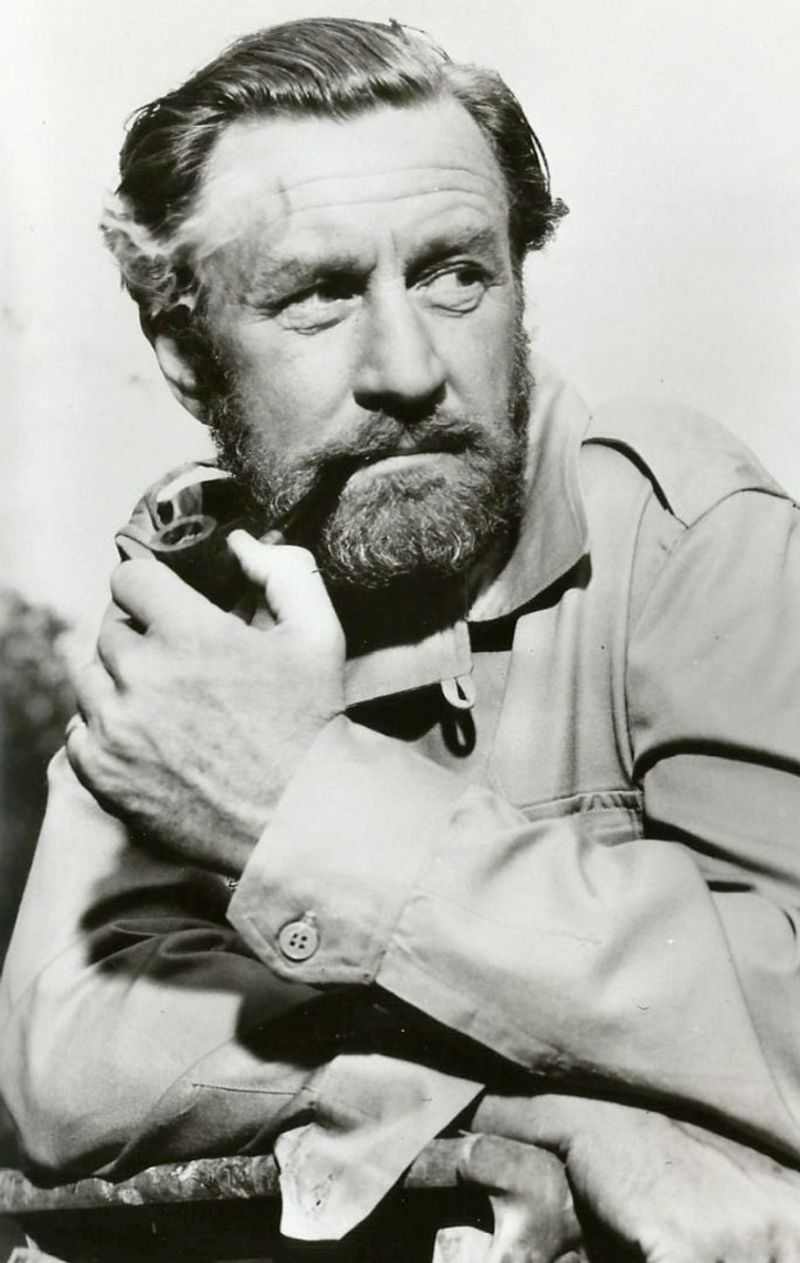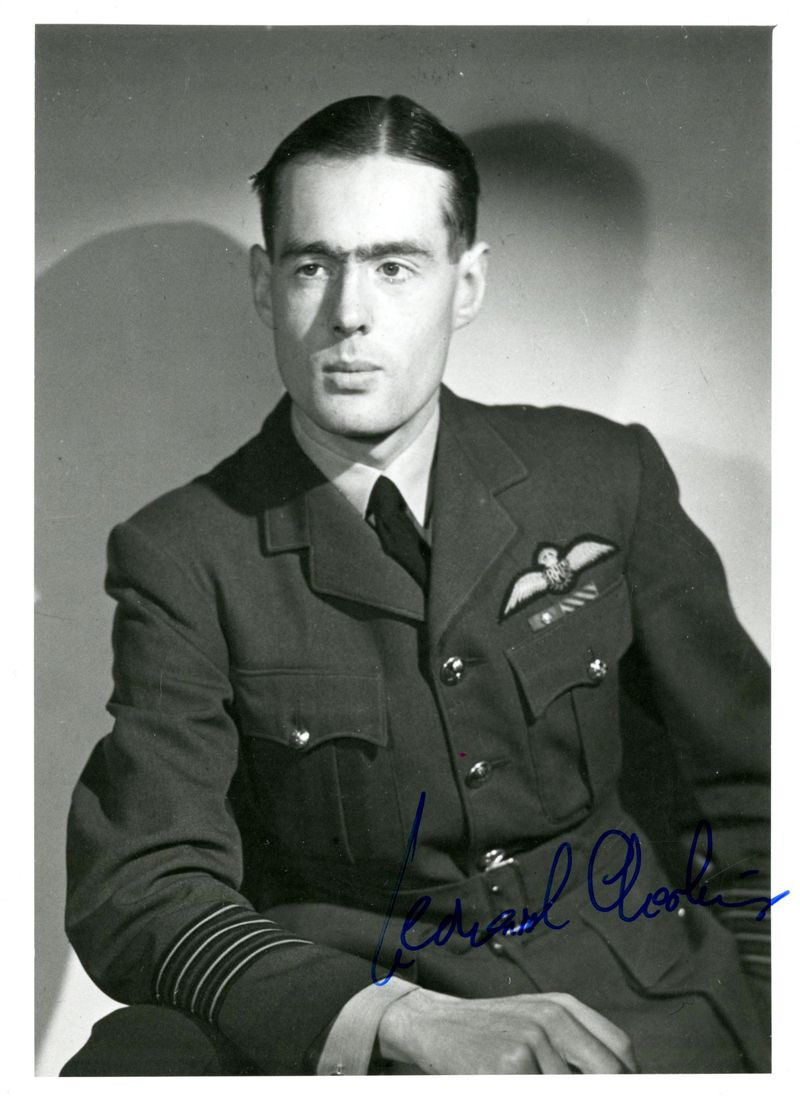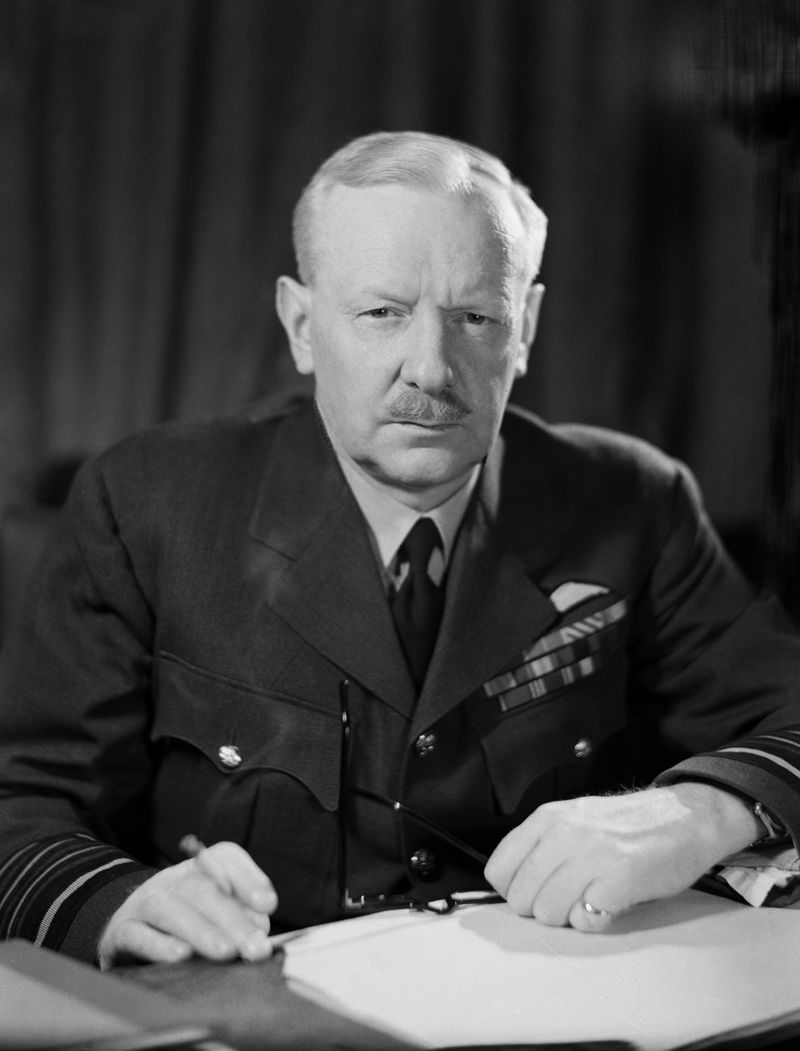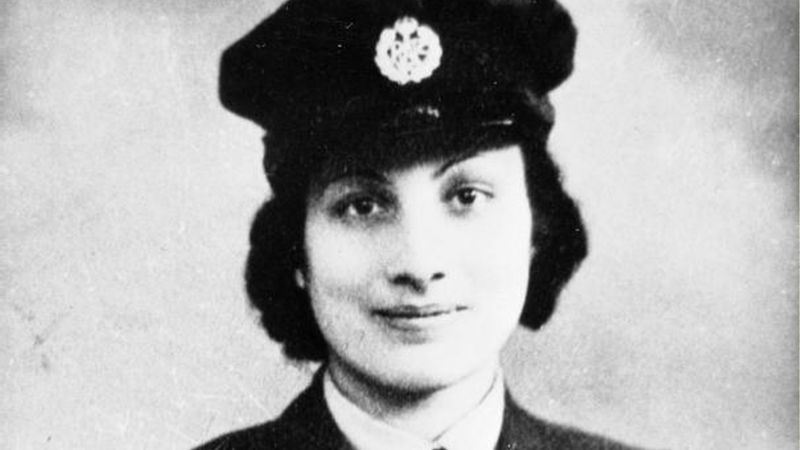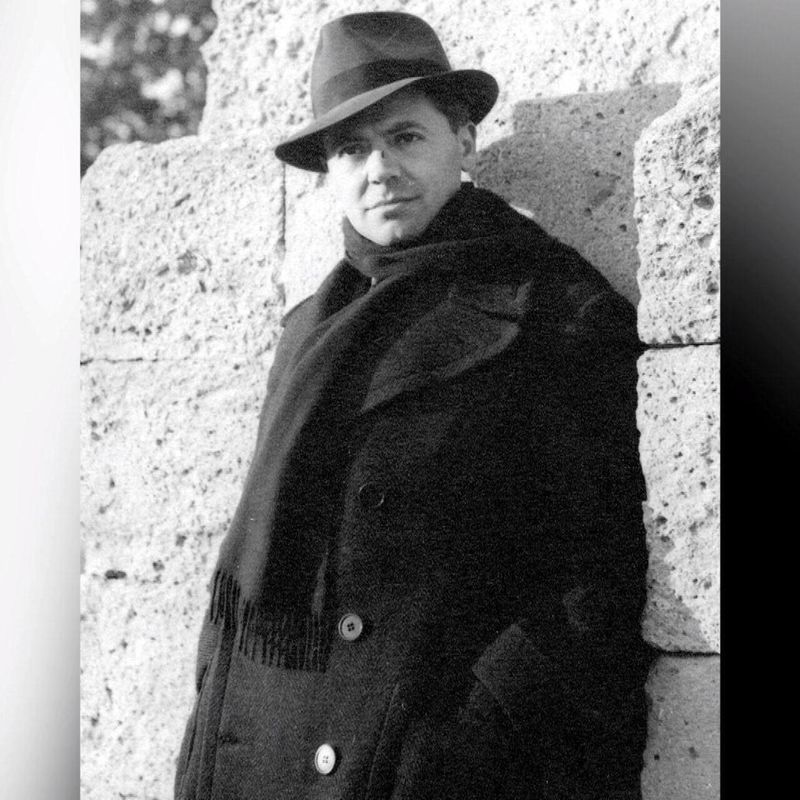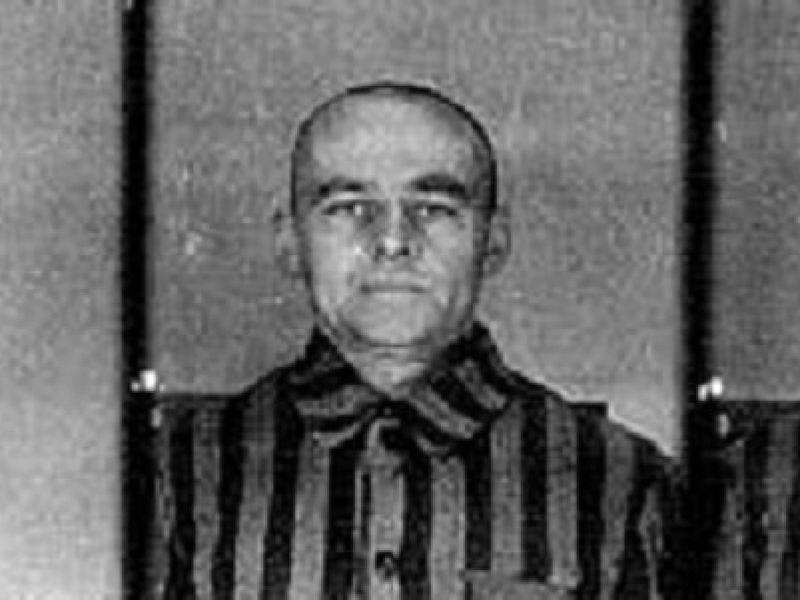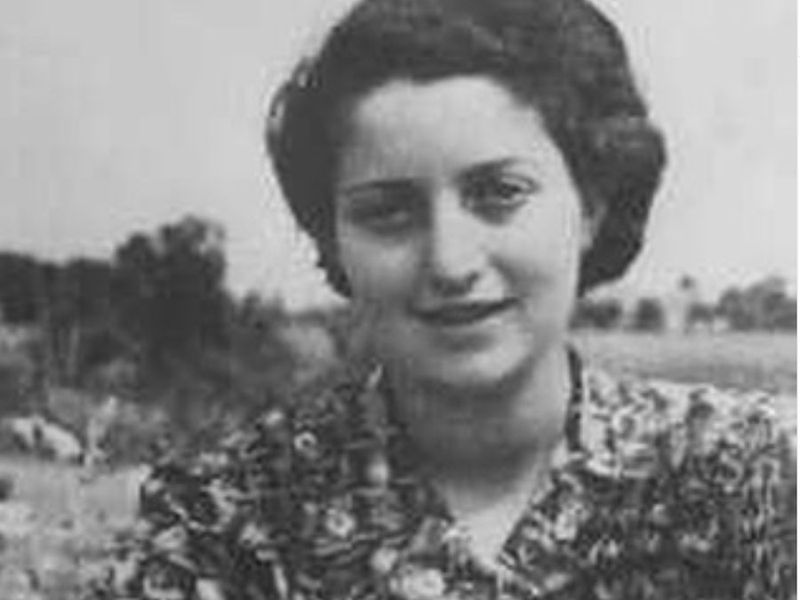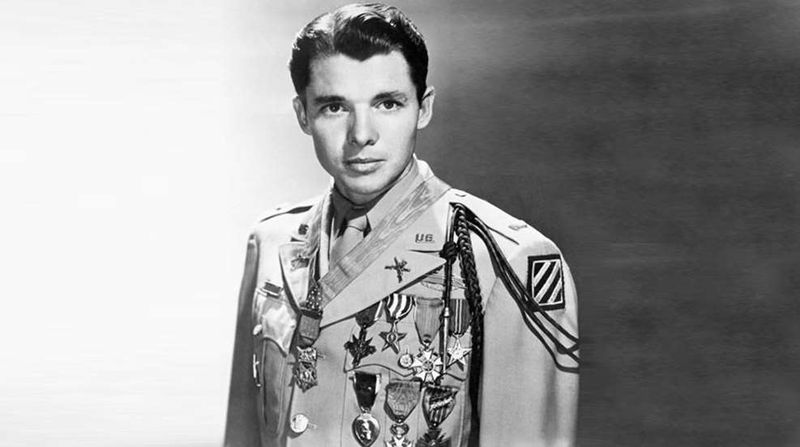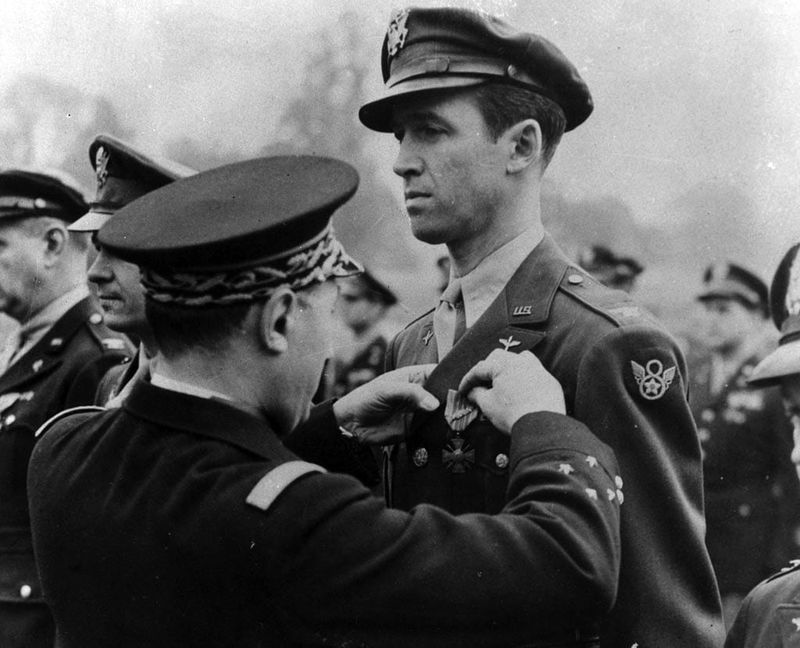World War II, a period marked by immense global conflict, also saw the tragic demise of numerous celebrities. These individuals, known for their fame in various fields such as acting, music, and literature, met untimely ends due to the war. This article sheds light on 17 such celebrities, exploring the surprising circumstances of their deaths and the legacy they left behind. Each story is a poignant reminder of the war’s far-reaching impact, not just on nations, but on notable individuals whose contributions to culture and society were cut short.
1. Leslie Howard (★ “Gone with the Wind”)
Leslie Howard, renowned for his role in “Gone with the Wind,” met a tragic end in 1943. His civilian plane was shot down over the Atlantic by Nazi fighters. Theories abound about the motive; some speculate Howard was targeted because Winston Churchill was rumored to be on board. His death was a significant loss to the film industry, as Howard was both a talented actor and director. The mysterious circumstances surrounding his demise only add to his enduring legacy and the intrigue surrounding his life and career.
2. Carole Lombard (★ Hollywood’s highest-paid star)
Carole Lombard, celebrated as one of Hollywood’s brightest stars, faced a tragic fate in 1942. Returning from a successful war bonds tour, her plane crashed, ending her life abruptly. Her husband, Clark Gable, was devastated and joined the Army Air Forces, driven by grief and patriotism. Lombard’s death was not only a personal loss to Gable but a significant cultural loss, highlighting the broader impact of war on personal lives and the film industry. Her spirit and contribution to cinema remain cherished.
3. Glenn Miller (★ Jazz legend, “In the Mood”)
Glenn Miller, the iconic jazz musician, disappeared over the English Channel in 1944. His plane vanished without a trace, sparking numerous conspiracy theories. Some suggest friendly fire, while others propose a failed secret mission. Despite the mystery, Miller’s music, including hits like “In the Mood,” continues to resonate worldwide. His disappearance remains one of WWII’s unsolved mysteries, underscoring the era’s uncertainty and the enduring power of his musical legacy, which still captivates audiences today.
4. Antoine de Saint-Exupéry (★ “The Little Prince”)
Antoine de Saint-Exupéry, beloved author of “The Little Prince,” vanished on a reconnaissance mission in 1944. His plane was shot down, but the wreckage was not discovered until 1998. The delay in finding his remains only added to the mythos surrounding his life and works. Known for his philosophical writings, Saint-Exupéry’s death was a poignant loss to literature. His enduring stories continue to inspire, reflecting his adventurous spirit and profound insights into humanity.
5. Joseph P. Kennedy Jr. (★ JFK’s older brother)
Joseph P. Kennedy Jr., the elder brother of John F. Kennedy, perished in 1944 during a top-secret mission. The plane he piloted exploded mid-air, a devastating blow to the Kennedy family. Joseph was considered a future political star, potentially even President, had he survived. His death altered the Kennedy family dynamics, pushing his younger brother, JFK, into the political spotlight. This tragic event reshaped American political history, highlighting the personal sacrifices made during war.
6. Tyrone Power (★ Hollywood heartthrob)
Tyrone Power, an adored Hollywood heartthrob, survived WWII but succumbed to exhaustion a decade later. As a pilot, he bravely carried wounded Marines under enemy fire. Despite surviving the war, the toll it took on him led to his early demise at age 44. Power’s story is a testament to the hidden scars of war, where survival doesn’t always guarantee longevity. His contributions to film and his wartime heroics have left a lasting imprint on both Hollywood and military history.
7. Robert Capa (★ Legendary war photographer)
Robert Capa, a legendary war photographer, is celebrated for his gripping images of WWII. Although he survived the war, he tragically died in 1954 after stepping on a landmine in Indochina. Capa’s D-Day photos narrowly avoided destruction due to a darkroom mishap, yet remain iconic. His fearless documentation of war’s brutality and humanity set a standard for photojournalism. Capa’s work continues to influence and remind us of the war’s grim realities, marking him as a pivotal figure in photographic history.
8. Olga Baclanova (★ “Freaks” actress)
Olga Baclanova, famed for her role in “Freaks,” was killed in 1943 during a Nazi bombing raid. Performing for troops at the time, her death was a stark reminder of the war’s indiscriminate impact. Baclanova, a celebrated actress, was known for her captivating performances and unique presence. Her untimely death during a performance underscores the dangers faced by entertainers in wartime, highlighting their role in bolstering troop morale and the heavy price paid for their art.
9. Leslie Henson (★ British comedy star)
Leslie Henson, a beloved British comedy star, tragically died in a plane crash en route to entertain troops in 1943. Known for his humorous roles and vibrant performances, Henson’s last words reportedly were, “Don’t worry, chaps—we’ll be fine!” His death was felt deeply by both the entertainment industry and the soldiers he aimed to cheer. Henson’s legacy as a comedian who brought laughter during dark times remains, underscoring the vital role of humor amidst conflict.
10. Leonard Cheshire (★ British war hero, later humanitarian)
Leonard Cheshire, a British war hero, flew over 100 missions during WWII. Though he survived the war, it profoundly affected him. Cheshire later founded a hospice, driven by a deep sense of humanity. His life exemplified courage and compassion, with his wartime experiences fueling a lifelong commitment to humanitarian causes. Cheshire’s legacy is one of transformation, illustrating how the traumas of war can lead to profound personal change and enduring contributions to society.
11. Arthur “Bomber” Harris (★ RAF commander)
Arthur “Bomber” Harris, known for commanding the RAF’s bombing campaigns, survived WWII but lived with controversy. His strategies, while effective, resulted in significant civilian casualties. Harris’s tactics sparked debate over the ethics of warfare, reflecting the moral complexities faced by military leaders. Despite surviving the war, his legacy is intertwined with questions of wartime ethics and the heavy burden of command decisions. Harris remains a contentious figure in military history, illustrating the difficult balance between strategy and morality.
12. Noor Inayat Khan (★ Spy & princess)
Noor Inayat Khan, a courageous princess turned spy, was executed at Dachau in 1944. As the first female radio operator in Nazi-occupied France, her bravery is legendary. Captured by the Gestapo, she remained resolute, never betraying her comrades. Khan’s sacrifice underscores the immense courage required in wartime espionage and the personal costs of resistance. Her story is one of valor and inspiration, highlighting the vital yet perilous roles played by women in the shadows of WWII.
13. Jean Moulin (★ French Resistance leader)
Jean Moulin, a key figure in the French Resistance, was tortured to death by the Gestapo in 1943. Betrayed by a traitor, his identity was eventually avenged as the traitor faced execution. Moulin’s leadership and sacrifice became emblematic of the struggle for France’s liberation. His legacy is a testament to the courage and resilience of resistance movements, reflecting the personal sacrifices made for freedom. Moulin’s life and heroic stand continue to inspire those fighting against oppression.
14. Witold Pilecki (★ “Volunteer for Auschwitz”)
Witold Pilecki, a Polish officer, is famed for voluntarily infiltrating Auschwitz to gather intelligence. Executed by communists post-war in 1948, his story is one of unparalleled bravery. Pilecki’s mission was a testament to his courage and dedication to the truth. His death highlighted the political complexities and betrayals following WWII. Despite his tragic end, Pilecki’s legacy as a hero who dared to expose the horrors of Auschwitz remains, offering inspiration and a poignant reminder of the war’s moral challenges.
15. Hannah Szenes (★ Poet & spy)
Hannah Szenes, a poet and spy, was executed in Hungary in 1944. Her courage was as remarkable as her literary talent. Before her death, she penned “Blessed is the Match,” poignantly reflecting her resolve and sacrifice. Szenes’s story is one of youthful bravery and poetic legacy, embodying the spirit of resistance against tyranny. Her writings continue to inspire, capturing the emotional and moral complexities of her time, and her bravery remains a beacon of hope and defiance in the face of oppression.
16. Audie Murphy (★ Most decorated U.S. soldier & actor)
Audie Murphy, a celebrated war hero, survived WWII and became a successful actor. Despite his valor, he battled PTSD, hidden behind his public persona. Murphy’s life mirrored his onscreen roles, filled with bravery and complexity. In “To Hell and Back,” he portrayed his war experiences, resonating with audiences. His later death in a plane crash added to his storied life, marking him as a symbol of heroism both on and off the battlefield. Murphy’s legacy is one of courage amid personal struggles.
17. Jimmy Stewart (★ “It’s a Wonderful Life”)
Jimmy Stewart, renowned for “It’s a Wonderful Life,” flew 20 combat missions during WWII. Despite surviving, Stewart dealt with PTSD, masking it behind his affable demeanor. His dual life as a war hero and beloved actor speaks to the complex realities faced by many veterans. Stewart’s contributions to film and his wartime service highlight a legacy of resilience and talent. His experiences offer insight into the challenges of transitioning from war to civilian life, capturing the enduring impact of his multifaceted career.
